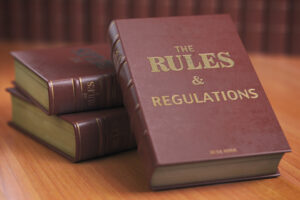What Is Settlor Capacity in a Virginia Trust?

There are various rules and regulations associated with what it takes to make a will valid in the Commonwealth of Virginia. Some of these include that the settlor must indicate his or her intention to create the trust, the trust has to have a definite beneficiary, a trustee must be named in the role of managing the trust, and there must be a person named as the trustee to manage the trust.
One other required aspect of establishing a Virginia trust is to ensure that the settlor has appropriate capacity to use this estate planning tool. Settlor is a term used to refer to the person who creates the trust for a beneficiary. The trust will create a trust by splitting property title into different interests and then the settlor imposes fiduciary duties on those newly created interests.
The settlor must have the appropriate mental capacity to create a trust in order for it to be viewed as valid. This means that the settlor must not have any diminished or compromised mental health at the time of creating this document.
The only exception to this rule about a settlor’s capacity is when a trust is created by the settlor’s agent through a power of attorney. In this particular situation, a Virginia estate planning lawyer should be used to ensure that the power of attorney expressly authorizes that agent to create a trust on the settlor’s behalf.
With many different types of trusts to consider using in your estate planning process, a lawyer can help you discuss which of these is best for your situation.
Schedule a consultation with a Virginia estate planning lawyer to discuss the benefits of creating a trust and how to generate and implement one meeting the state regulations.
